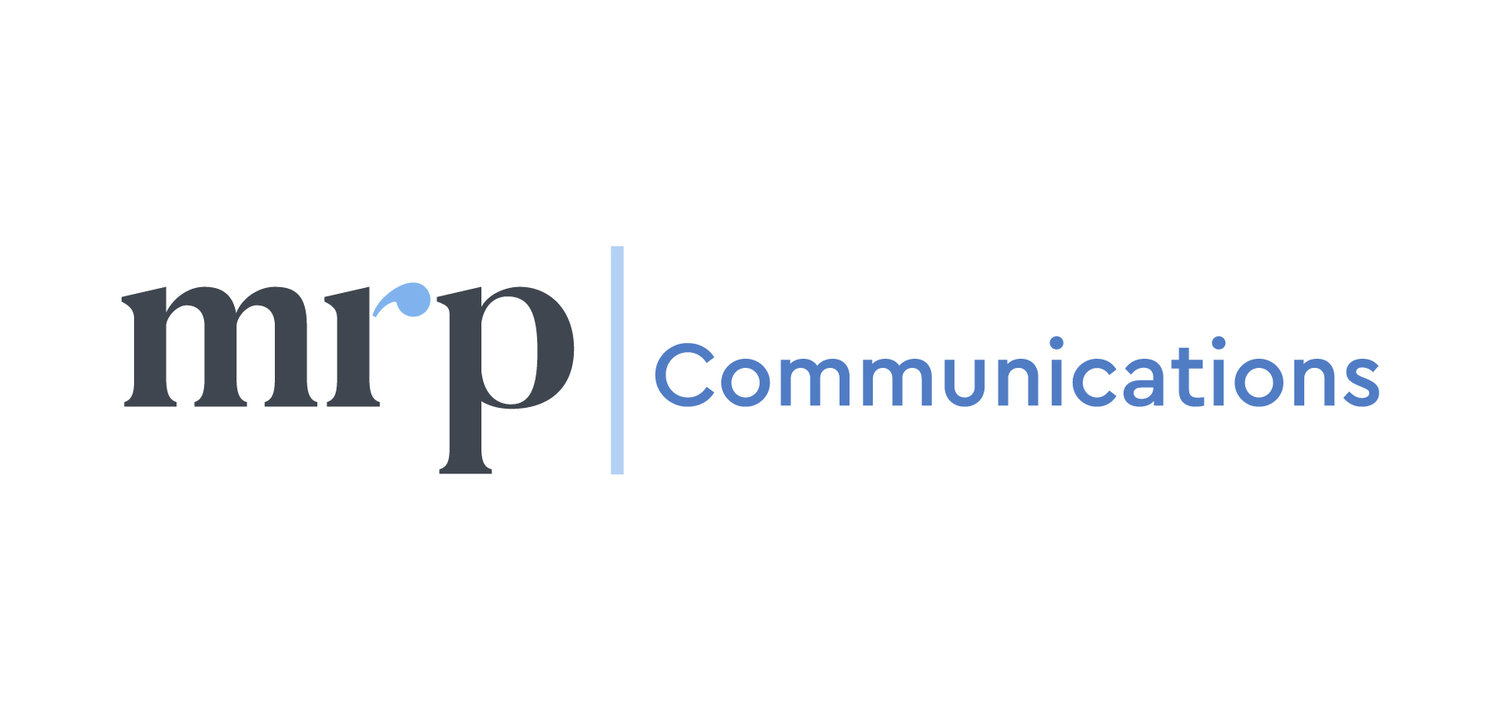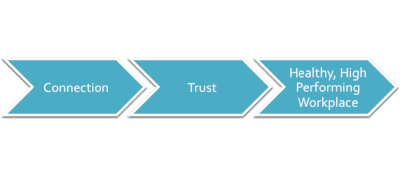3 Steps to detox your workplace
/Submitted as part of The Protocol School of Washington’s 2017 National Business Etiquette Week contest.
In today’s 24/7 world, our minds are constantly racing with information about the next meeting, the next project, or the next deadline. We place productivity over purpose and results over relationships. This behavior can lead to anxiety, tension, a lack of civility, and a lack of trust -- a toxic environment that directly influences an organization's bottom line.
How do we change these toxic behaviors and improve our workplace culture before it's too late?
Create successful connections.
According to Jonathan Sprinkles, bestselling author and thought leader on the psychology of connection, studies show that people will work harder for organizations and work closer with teams they believe in. It is the level of connection and trust, the knowledge that the team has each other's back, that is key to a healthy work environment. Stephen Covey and Doug Conant further explore "The Connection Between Employee Trust and Financial Performance" in their July 2016 Harvard Business Review article. They present the evidence that trust is "the primary defining characteristic of the very best workplaces.”
Connecting with people and building their trust takes time and awareness. It requires more than virtual likes and shares. It requires face-to-face communication, showing interest in other's lives, showing appreciation for their work, and listening to their needs and ideas. Making those successful connections that lead to high-trust business relationships and a healthy workplace culture require us to get back to our core values, those behaviors we learned as children and often take for granted.
Our core values and behaviors aren't about what we do, but rather HOW we do what we do. The following are the three most important values and behaviors I believe are needed to create successful connections and build healthy workplaces.
3 Steps to Detox Your Workplace
- Be Thoughtful. Ask how others are doing, about their families and activities. Show interest in their lives beyond the office. Share more of yourself and make genuine, successful connections.
- Be Polite. Say Please and Thank You, in conversation, in email, and in handwritten notes. Show appreciation for the time and hard work of others.
- Be Respectful. Focus on others when they speak. Listen and really hear their thoughts and ideas. Make eye contact, and remember to smile.
In my role at Children’s National, I am responsible for managing relationships with many of our donors and stakeholders in the United Arab Emirates. From everyday communications outreach to special requests, events, and follow up correspondence, our team aims to make quality connections and build a high level of trust by modeling these three behaviors. In a global marketplace, these three values are universal and serve as a reminder for us to always be thoughtful and respectful of other people's cultural traditions.
Our actions don't need to be grand gestures, hour-long conversations about family, or two-page thank you notes. They just need to be genuine. A simple example is our regular Eid greetings to key stakeholders, where we ask about their lives, share what's happening in ours, thank them for their partnership, and show thoughtfulness and respect for their cultural heritage, all in a 118-word email. We also make a special effort to host Skype calls and send videos because of the importance of face-to-face communications.
As our colleagues in the United States have witnessed our behaviors and interactions with UAE stakeholders, we notice them responding in kind – they make time say hello and engage in real conversation; they begin emails with pleasantries about family or outside activities; they slow down, listen more, and consider other people’s ideas. It’s started a wave of kindness and consideration.
What's next for your office? How do you create successful connections, build trust, and begin to detox your workplace today?
- Model these core values and behaviors in your everyday interactions.
- Recognize these core values and behaviors in others. Praise them for their thoughtfulness, politeness, and respect.
- Promote these core values and behaviors in your team and your organization. Share them widely and ensure everyone knows that this type of behavior is a priority. You might even begin to incorporate these values into your hiring, assessment, and promotion processes.
By getting back to our core values, we can successfully connect with others and build trust and true partnership, which leads to high performing businesses and healthy workplaces.















